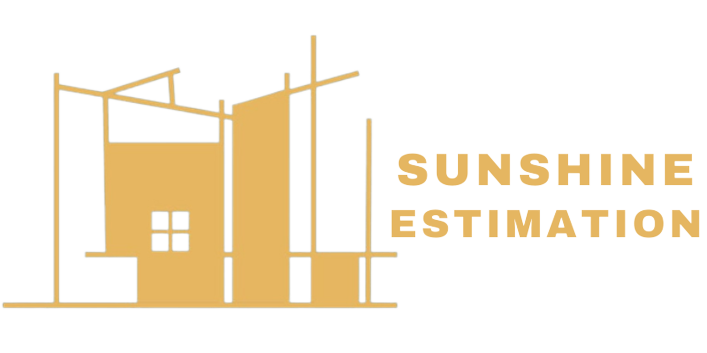Cost estimation is a vital aspect of construction project management, providing a roadmap for budgeting and financial planning. Accurate cost estimation ensures that projects are completed within budget, on time, and to the required quality standards. Let’s explore the importance of cost estimation in construction and the methods commonly used by construction companies.
Importance of Cost Estimation
1. Budget Planning:
Cost estimation helps construction companies develop realistic budgets for their projects. By forecasting the costs of materials, labor, equipment, and other expenses, companies can allocate resources efficiently and secure necessary funding.
2. Financial Control:
Effective cost estimation enables construction companies to monitor and control project expenses throughout the construction phase. It helps in identifying potential cost overruns early and implementing corrective measures to stay within budget.
3. Competitive Bidding:
Accurate cost estimates are crucial when bidding for construction projects. Construction companies that can provide precise and competitive bids have a better chance of winning contracts and securing profitable projects.
4. Risk Management:
Cost estimation plays a key role in risk management by identifying potential financial risks and uncertainties associated with a construction project. It allows companies to develop contingency plans and mitigate risks effectively.
Methods of Cost Estimation
1. Analogous Estimating:
This method involves using historical data from similar past projects to estimate the costs of current projects. It’s a quick and simple approach but requires projects to be similar in scope and complexity.
2. Parametric Estimating:
Parametric estimating uses statistical models and mathematical algorithms to calculate costs based on specific parameters or variables. This method is often used for repetitive tasks where unit costs can be easily determined.
3. Bottom-Up Estimating:
In bottom-up estimating, costs are estimated for each individual component or task of the project and then aggregated to determine the total project cost. This method is time-consuming but provides a detailed and accurate cost breakdown.
4. Three-Point Estimating:
Three-point estimating uses optimistic, most likely, and pessimistic estimates to calculate the expected cost of a project. This method considers uncertainties and risks, providing a range of possible costs rather than a single estimate.
5. Vendor Quotes and Bids:
Obtaining quotes and bids from suppliers, subcontractors, and vendors is another method of cost estimation. It involves reaching out to potential suppliers to get prices for materials, labor, and services, which are then used to estimate project costs.
Steps in Cost Estimation Process
1. Define Scope and Requirements:
Clearly define the scope of the construction project, including its objectives, deliverables, and requirements. This helps in determining what needs to be included in the cost estimate.
2. Collect Data and Information:
Gather all necessary data and information related to the project, such as construction plans, drawings, specifications, and historical cost data. This forms the basis for accurate cost estimation.
3. Choose Estimation Method:
Select the most appropriate cost estimation method based on the project’s complexity, available data, and industry standards.
4. Develop Cost Estimates:
Use the chosen estimation method to calculate the costs of materials, labor, equipment, overhead, and other expenses. Ensure that the estimates are realistic, comprehensive, and based on accurate data.
5. Review and Adjust:
Review the cost estimates with project stakeholders, adjust as necessary based on feedback and changes in scope, and finalize the budget.
Conclusion
Cost estimation is a critical process in construction project management, influencing various aspects of project planning, execution, and control. By adopting accurate and reliable cost estimation methods, construction companies can enhance financial control, mitigate risks, win competitive bids, and ultimately, achieve project success. Investing time and effort in thorough cost estimation is essential for ensuring profitability and sustainability in the construction industry.
